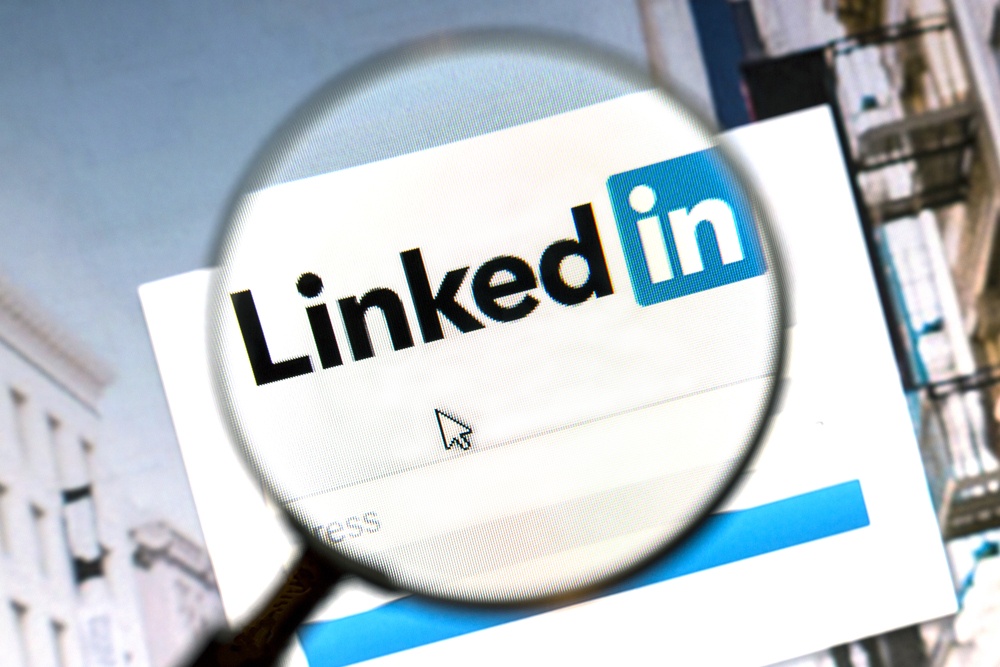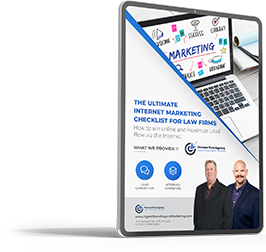
America, the land of opportunity, innovation, and big dreams. It is not, however, a country known for having a straightforward healthcare system. Medical treatment is notoriously more expensive than pretty much anywhere else in the world and many people are unaware of their basic health insurance requirements.
No surprise to learn then that health insurance is one of the most important issues in the life of average Americans. Without proper health insurance, a person could find themselves incurring a steep government fine or worse, a hefty hospital bill thanks to emergency treatment. But you, the heroic agent can help prevent such disasters. Now, more than ever, people need health insurance agents.
The Contentious Obamacare
Obamacare’s Medicaid Expansion is billed as one of America’s biggest milestone’s in healthcare reform. Since its introduction three years ago, however, it has been at the center of much debate. Currently, 19 States have opted out of Medicaid expansion plans, including Florida, North Carolina, and Georgia.
Some believe that Medicaid is vitally important to meeting the needs of the poor and uninsured, while others are of the opinion that it renders health insurance more expensive overall. While many people would agree that the underlying principle of Obamacare is a good one, there are clearly some issues.
According to an article on Forbes – “Do You Win or Lose Under Obamacare? What You Must Know To See How You’ll Fare,” the new health care reform will raise the cost of basic health insurance coverage for everyone. Furthermore, some three million people will fall into a “coverage gap” because their incomes are above the Medicaid eligibility threshold but below the bar for Marketplace premium tax credits.
Far from making healthcare more straightforward, Obamacare might have added to the complexities. In the wake of this health insurance upheaval, there is no doubt that many Americans need help. They need insurance agents more than ever before. Not only can you guide people towards the most suitable health coverage, but you might also be able to keep them from breaking the law.
Who’s Breaking the Law?
Forgoing health insurance in America is now against the law. But, according to a survey by the Commonwealth Fund, some 24 million adults still do not have any health coverage whatsoever. No doubt a percentage of those people are exempt from the law: exemptions are made based on a number of circumstances, including financial status and hardship. But many people, that don’t fit this exempt criteria, are breaking the law.
The survey showed that forty-one percent of the uninsured are white, forty percent Hispanic, twelve percent black, and six percent are Asian and other races. In most categories, those figures are down from the previous survey of 2013, except in the case of Hispanics. That might be due in large part to the fact that undocumented immigrants are not eligible for the health coverage offered by the law. They might well be able to benefit from private insurance, though.
One particularly interesting, if not unsurprising, point of note from the survey is that almost half the uninsured are millennials. On the whole, the younger generation (18-34) tend not to put insurance high on their list of priorities. While many may fall into the exempt category, there are opportunities for agents to educate large swathes of the millennial population and ensure they are no longer breaking the law.

Educating Consumers
The implementation of the Affordable Care Act (ACA) has drastically changed the health insurance landscape. It has led to increased challenges for agents and more confusion for consumers as people on both sides of the healthcare fence sling slander at each other.
Obamacare’s proponents say that people should stay away from “untrustworthy” insurance sellers, while some insurance experts say “Obamacare is on the brink of collapse.” In the middle of all the uncertainty are consumers. If consumers are confused, then everyone loses.
There is a myriad of reasons why thirteen percent of the population remains uninsured. But for some people, no doubt, confusion has rendered them inert. One of the benefits of being an agent is that you can remain impartial. You are in a position to truly identify what is in the best interest of your prospects and help them take the necessary steps to secure the best options. As such, who better to educate them and guide them through the health insurance muddle than you the agent.
Put yourself in the shoes of your prospects to address their pain points. Now, more than ever before, it is not just about signing up new customers, you need to nurture them over the long-haul – a process that will help to create lifetime customers.
Position your brand as the go-to source for health insurance clarity and impartiality. Then, you will continue to attract prospects regardless of which side wins the healthcare debate.
Insuring the Uninsured
In the end, it all comes down to making sure people who are uninsured get insured. The penalties for not having health insurance are steep: currently, the annual fee is $695 per adult and $347.50 per child (up to $2,085 for a family). Many people could find themselves having to hand over large sums of cash to the government in the form of fines each year.
Obamacare is supposed to help insure America’s uninsured, but its success is far from forgone. People still need help finding inexpensive, suitable health insurance. In fact, with hefty fines looming large, they need that help now more than ever before.






